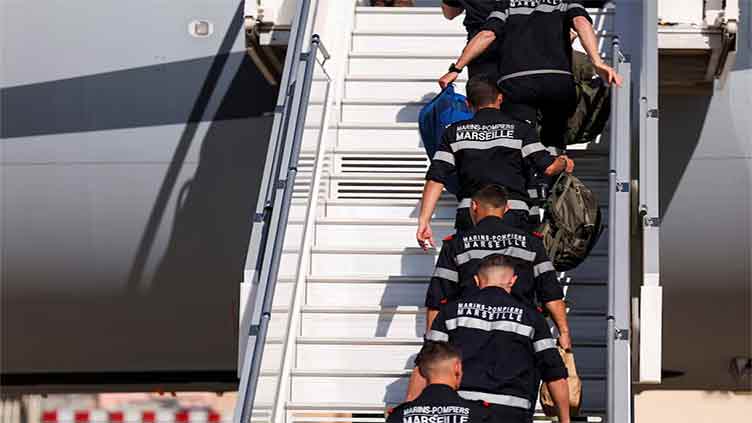French response in New Caledonia risks helping China, analysts say

World
French response in New Caledonia risks helping China, analysts say
SYDNEY/PARIS (Reuters) - French President Emmanuel Macron's ambitions to deepen French influence in the Pacific,
where China is expanding its security ties, could be put at risk by the heavy-handed response to civil unrest in New Caledonia, Pacific analysts and officials said.
Deadly riots erupted this week among indigenous Kanak, after Paris changed voting rules to allow more French residents to join electoral rolls in the Pacific territory. The violence and the arrival of hundreds of police from Paris are reigniting regional sensitivities over colonialism.
Australian National University Pacific analyst Graeme Smith said a crackdown by French police in Noumea could bolster China's weaponisation of the colonial legacy of Western nations in the Pacific - which includes French and American nuclear testing.
"It will play very well because China has been discovering some of the colonial history of the Pacific," he said.
Beijing has pushed to deepen its security ties in the Pacific Islands, strategically located between the United States and Asia, with mixed success.
After striking a security pact with the Solomon Islands in 2022 that alarmed Washington, Beijing failed to reach a Pacific-wide trade and security deal.
Its members, Papua New Guinea, Fiji, Vanuatu and Solomon Islands, are at the centre of a contest for influence between China and the U.S. and its allies, including Australia and France.
In July, Macron made the first visit to Vanuatu by a French leader since it gained independence from France and Britain in 1980, warning in a speech against China's "new imperialism".
China is Vanuatu's largest external creditor, and its then prime minister was ousted by lawmakers the next month, in part for abandoning Vanuatu's non-aligned foreign policy.
Melanesian Spearhead Group leaders met in August to consider security cooperation with China, on which no decision has been made.


